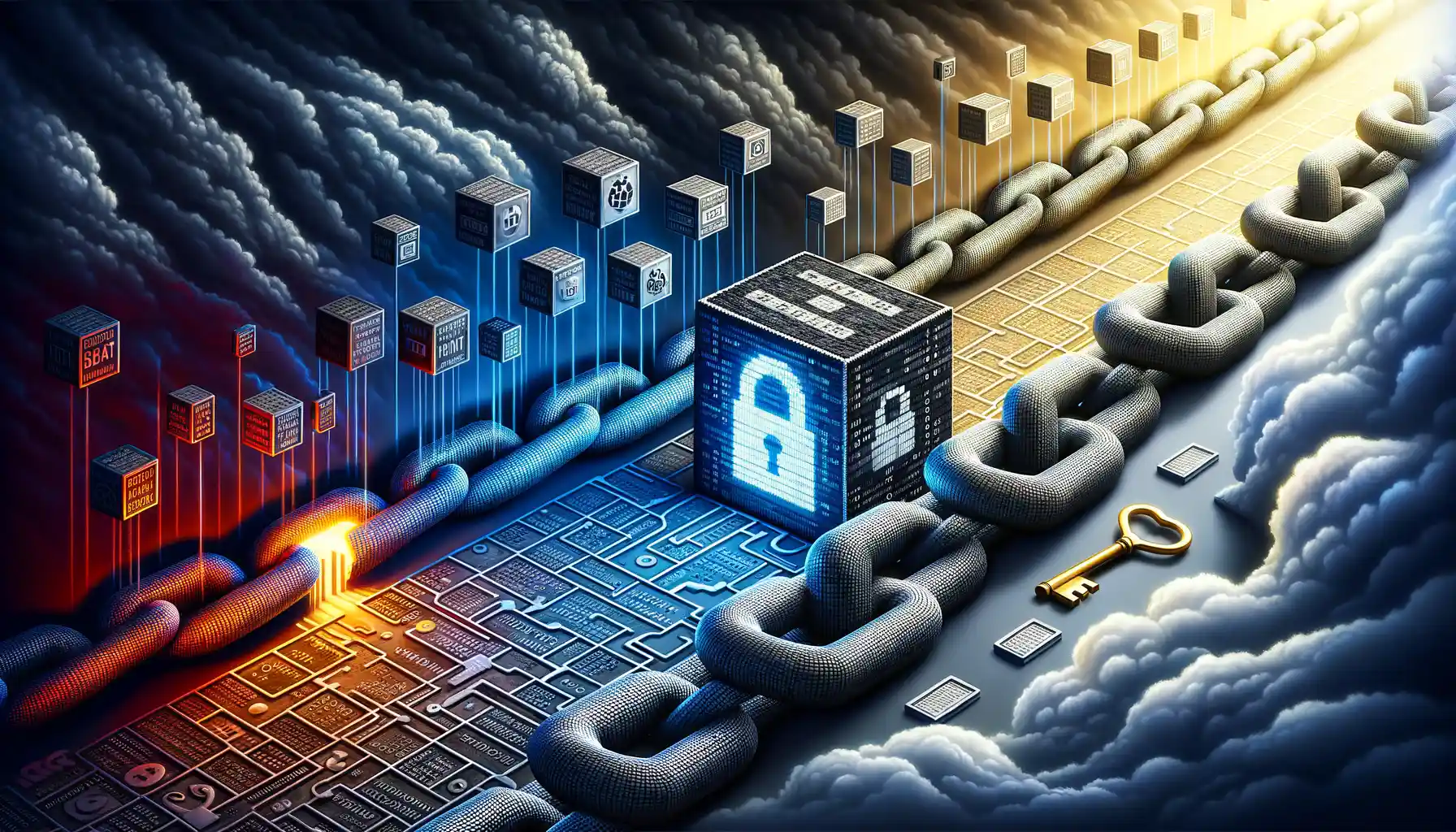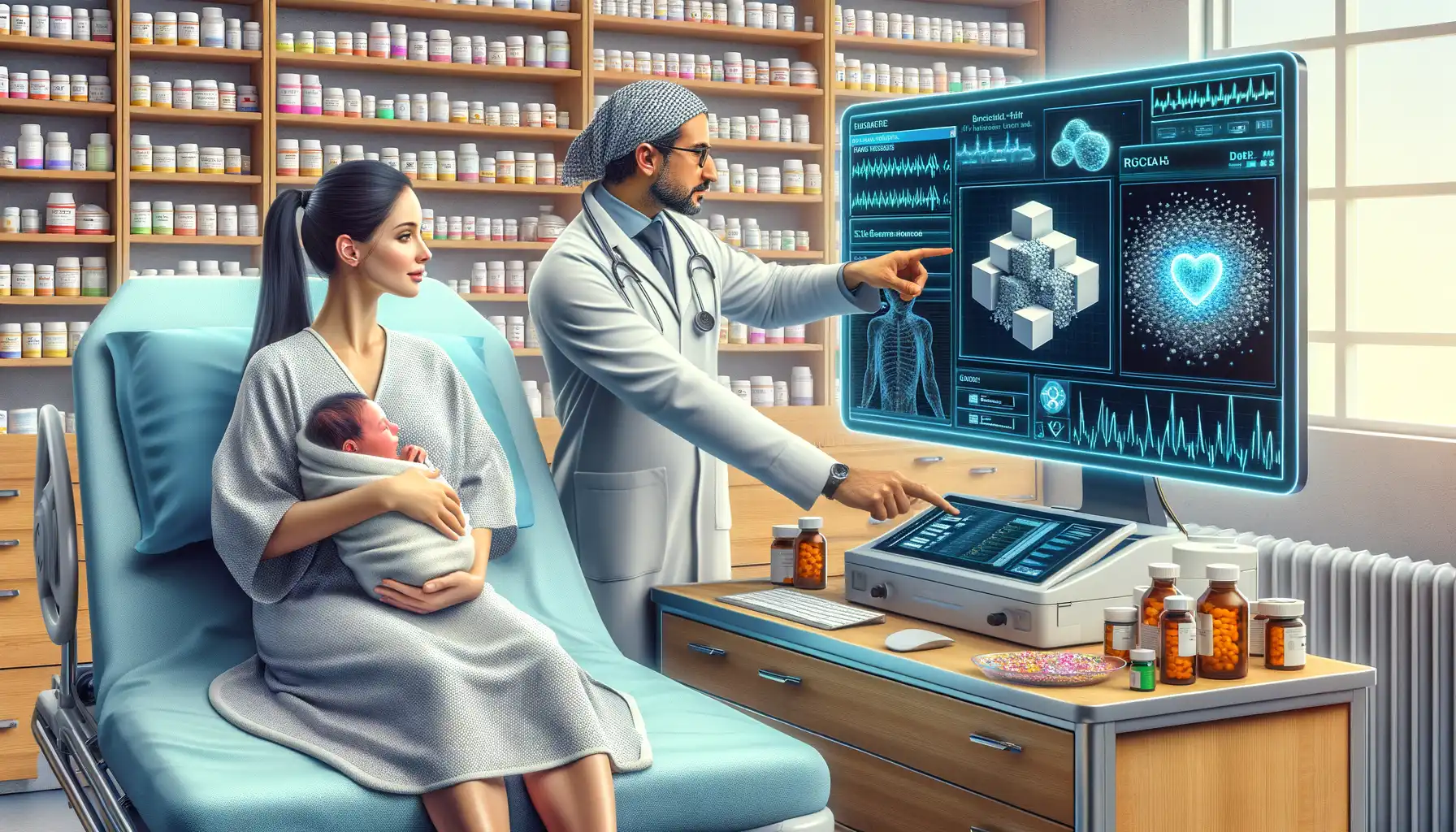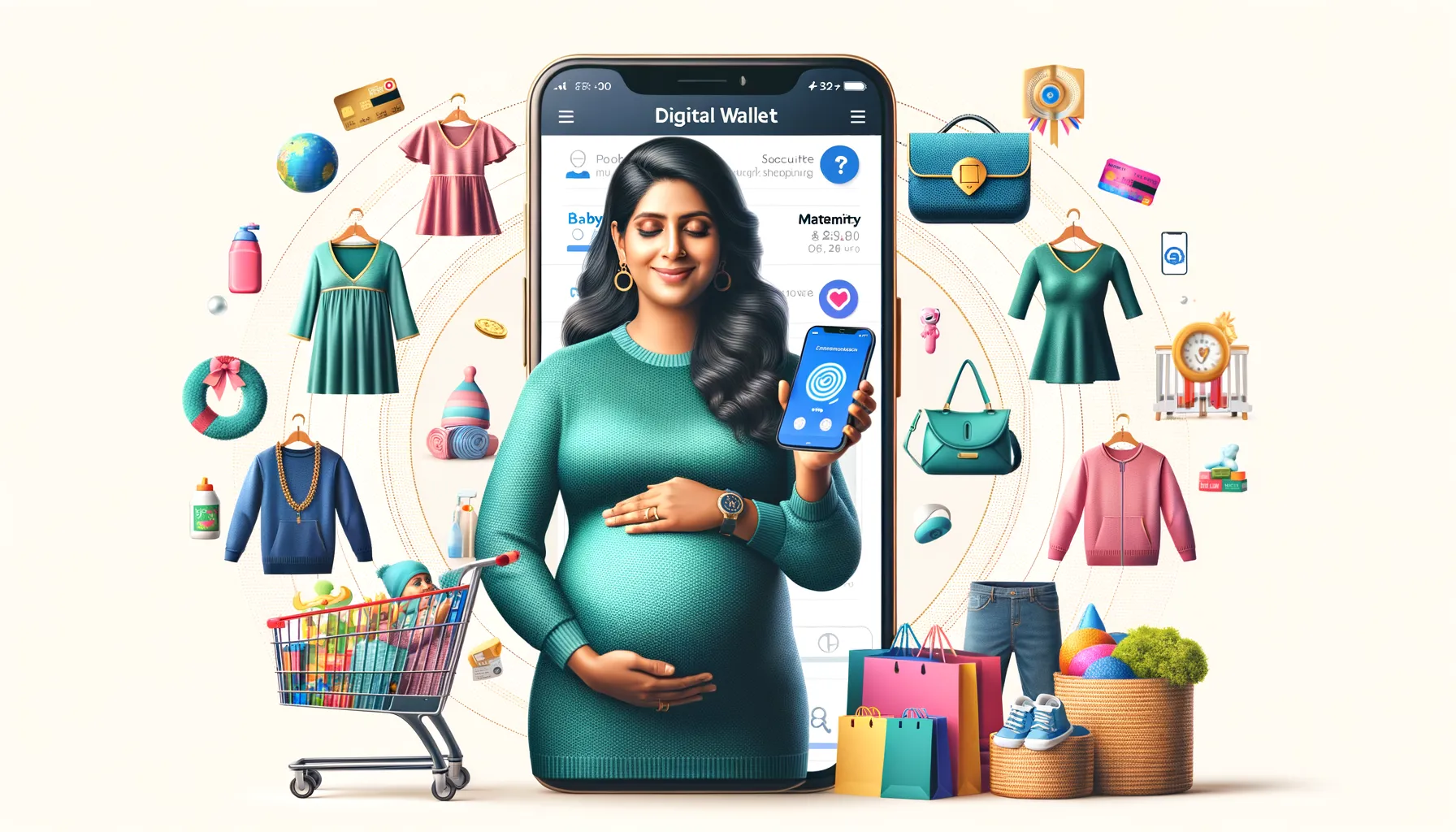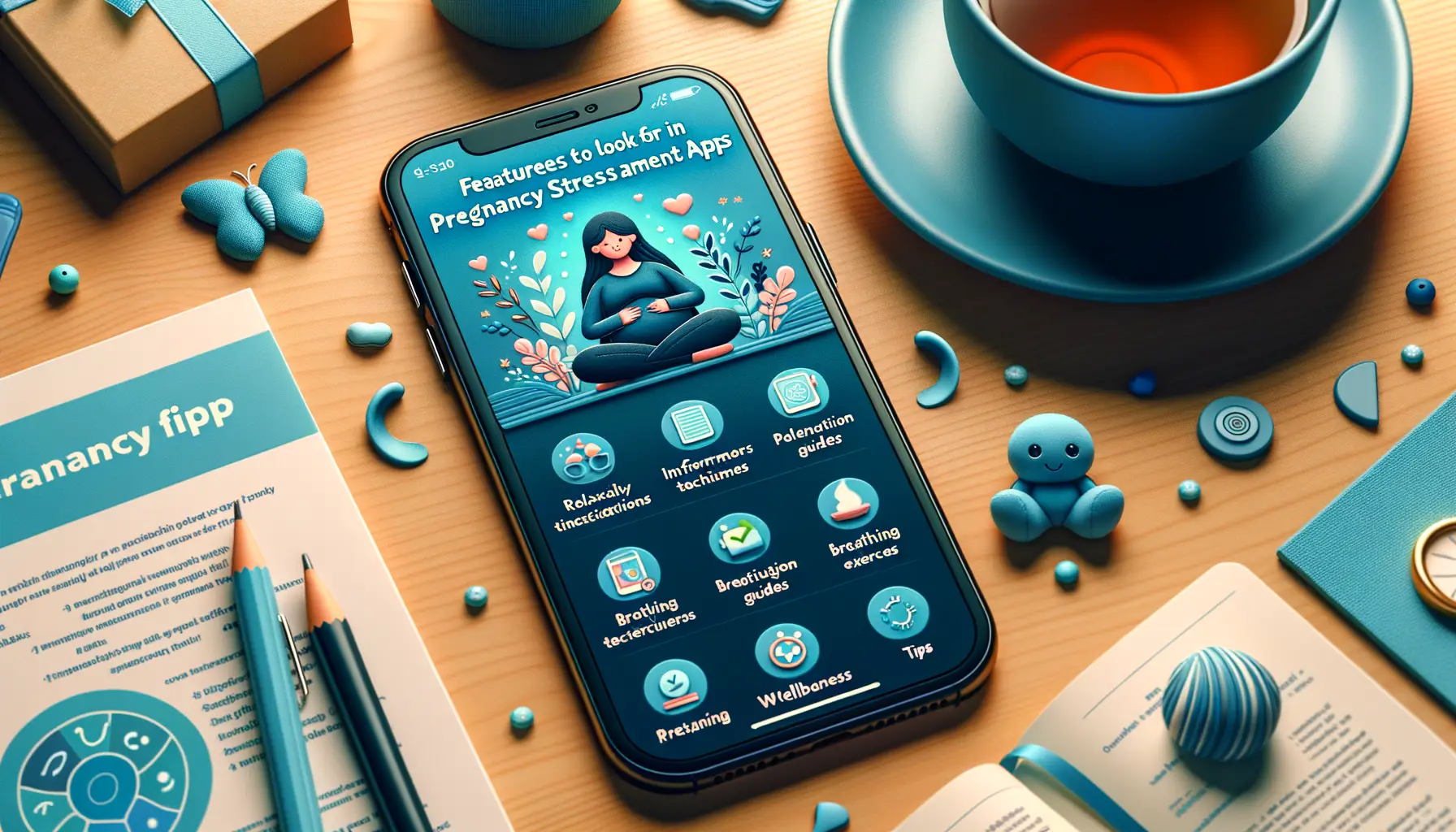Introduction to Blockchain in Healthcare
Have you ever wondered what connects cutting-edge technology with the sensitive, life-changing world of healthcare for pregnant women? Enter blockchain, the digital marvel that’s rewriting the rules of trust and security. This isn’t just about tech buzzwords—it’s about crafting a safer, more transparent future for expecting mothers, their babies, and the professionals who care for them.
Why Does Healthcare Need Blockchain?
In a world where personal data is as precious as gold, medical records often feel like fragile glass, prone to cracking under pressure. For pregnant women, this is especially critical. Imagine a mother-to-be rushing to a new hospital, only to find her records misplaced or incomplete. That could mean missed allergies, forgotten treatments, or worse. Blockchain steps in like an unbreakable vault, ensuring these invaluable records are safe, accessible, and tamper-proof.
- Decentralized transparency: No single entity controls the data, reducing risks of corruption or loss.
- Instant access: With blockchain, medical histories can follow pregnant women wherever they go—no hassle, no delays.
The Human Touch in Digital Trust
It may sound technical, but blockchain is, at its heart, about ensuring we never compromise human care for technological advancement. Picture this: a pregnant woman walks into any clinic, even in a remote village, and her doctor confidently pulls up her secure, encrypted pregnancy history within seconds. That’s the magic of blockchain—not just abstract coding but empowerment for real lives.
Challenges in Managing Medical Records for Pregnant Women

The Tangled Web of Pregnancy Medical Records
Picture this: You’re six months pregnant, juggling doctor visits, ultrasounds, and blood tests. Now imagine you’re handed a stack of disjointed medical reports from different clinics. Each document seems to speak a different language—one paper highlights blood sugar levels, another focuses on fetal growth, yet none connect the dots. This disarray is not just frustrating; it’s downright risky.
Managing medical records during pregnancy often feels like piecing together a puzzle with missing pieces. Here’s why:
- Fragmented storage systems: Hospitals, labs, and practitioners rarely share unified platforms. One clinic’s update might never reach another’s system.
- Paper trails gone rogue: Physical records are easily misplaced, or worse, lost altogether.
- Data security concerns: Sensitive details about both mother and baby could be vulnerable to breaches without robust safeguards.
When Errors Come Calling
Imagine a misstep as simple as a test result getting overlooked during an emergency delivery. The implications could be life-altering for you or your child. Beyond logistical hurdles, there’s an emotional toll—how do you trust a system that can’t keep track of what matters most?
How Blockchain Enhances Security and Privacy

Why Trust Matters More Than Ever
When it comes to managing medical records for pregnant women, trust is everything. Imagine this: a glowing mom-to-be walks into her doctor’s office, confident that her sensitive health data is safe. But behind the scenes, without proper safeguards, her information could be vulnerable to prying eyes or outright theft. This is where blockchain technology steps in, like a digital fortress guarding her most personal details.
Blockchain’s unique structure ensures no single point of failure—no central database that hackers can waltz into. Instead, imagine a secure chain of blocks, each linking to the next, like an unbreakable string of pearls. Each transaction is verified, time-stamped, and locked away, making unauthorized access virtually impossible.
Your Data, Your Control
The beauty of blockchain lies in how it hands power back to the patient. For example:
- Granular control: Only authorized parties, like your OB-GYN or midwife, get access to specific pieces of your data—and only when you say so.
- Transparency: Every update or change is visible, ensuring no sneaky edits or breaches go unnoticed.
This isn’t just about security; it’s about empowering individuals during one of life’s most intimate journeys.
Implementation of Blockchain Technologies in Maternal Healthcare

Revolutionizing Prenatal Care with Blockchain
Imagine a world where every expectant mother has her health history, lab results, and critical medical records securely stored and instantly accessible—without worrying about miscommunication between doctors or losing vital information in a maze of paperwork. That’s the magic of integrating blockchain technology into maternal healthcare.
With blockchain, medical records are not just files; they’re a trusted companion for both doctors and mothers-to-be. Picture this: a pregnant woman moves to a new city during her third trimester. Instead of stressing over transferring her medical records, her care team can instantly access her encrypted, tamper-proof history through blockchain. No delays, no gaps, and no need to retell painstaking details.
- Transparency: Doctors can track any updates to her treatment plan without confusion.
- Data control: She controls who can view or share her information—a perfect blend of privacy and empowerment.
- Emergency-ready: In critical situations, her medical background is just a click away.
This isn’t just tech meeting medicine—it’s about giving every mother the peace of mind she deserves while undergoing one of life’s most transformative journeys. Let’s rewrite prenatal care, one block at a time.
Future Prospects and Recommendations

Envisioning a Safer Tomorrow for Maternal Healthcare
The future of maternal healthcare is brimming with promise, thanks to the innovative force that is blockchain technology. Imagine a world where every pregnant woman, no matter where she lives, has full control over her medical history — protected, untouched, and always at her fingertips. This isn’t a distant dream; it’s within our grasp.
To bring this vision to life, collaboration across industries is key. We need developers, policymakers, and healthcare professionals rallying together. Here are some practical steps we could take:
- Create user-friendly interfaces so pregnant women can easily access their blockchain-secured records without needing a tech degree.
- Incorporate AI-driven analytics into blockchain systems to personalize prenatal care while maintaining ultimate security.
Embracing a Tech-Forward Maternal Horizon
But let’s not stop at security. With blockchain, we can enable seamless global connections between hospitals, labs, and specialists. Picture this: a pregnant woman traveling abroad, needing care in an unfamiliar country. Blockchain could ensure her doctor immediately accesses her full medical profile, saving time — and possibly lives.
The real challenge? Bridging the gap between cutting-edge tech and everyday access. Governments and NGOs must step up to fund these advancements, prioritizing vulnerable communities. After all, we’re not just building technology; we’re building trust, one medical record at a time.




